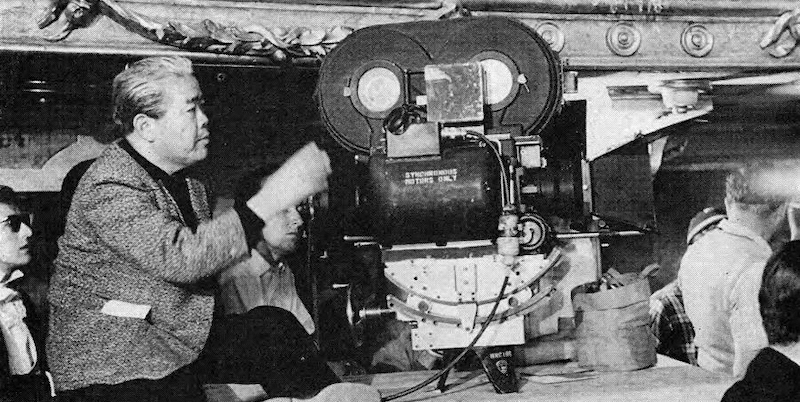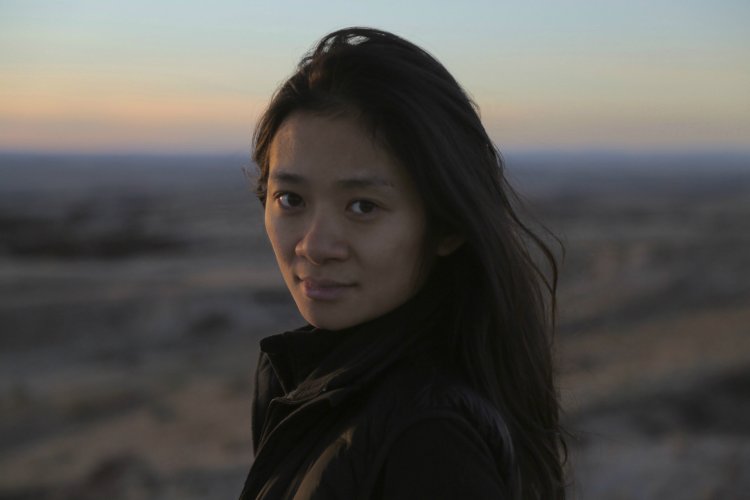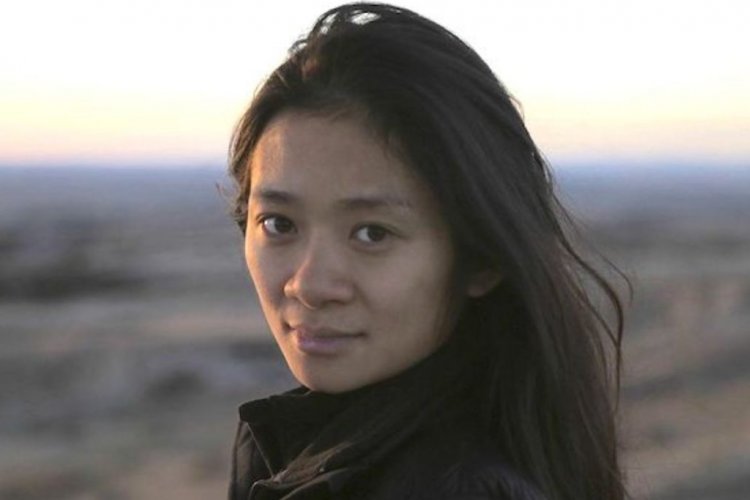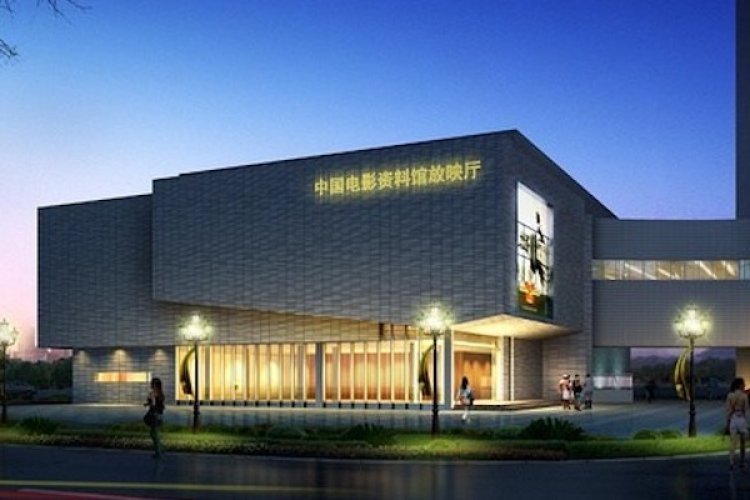Throwback Thursday: A Brief History of Chinese Filmmakers and the Academy Awards
Throwback Thursday takes a look back into Beijing's past, using our 12-year-strong blog archives as the source for a glance at the weird and wonderful stories of Beijing's days gone by.
In non-coronavirus years, now would be the time that Hollywood’s glitterati is busy gluing the final sequins to their gowns and suits, polishing off their most elegant buttercup waves, and preparing acceptance speeches – many of which will remain forever crumpled in a pocket, never to see the light of day – in anticipation of the 93rd Academy Awards. Unfortunately, however, it is still a coronavirus-year, and as a result, the film industry’s biggest night has been postponed two months, to Apr 25, with nominations set to be announced on Mar 15. Nevertheless, that delay hasn’t stopped the scene’s movers, shakers, and tastemakers from coming out with their predictions, and as was expected – in this very publication, no less – Chloé Zhao’s Nomadland is topping everyone from Variety to The Los Angeles Times’ list for Best Picture, Best Director, Best Actress, and… well, just about everything else.

While we still have a few weeks to go until the news of Zhao’s nominations are confirmed, it got us thinking about the history of Chinese filmmakers and their impact on the coveted awards ceremony. Without a doubt, China’s largest sweep of the Oscars occurred in 2000 with the release of Ang Lee, William Kong, and Hsu Li-Kong’s groundbreaking Crouching Tiger, Hidden Dragon. The film was nominated for a whopping six awards, including a couple of firsts such as Wang Hui-ling and Kuo Jung Tsai’s nomination for Best Adapted Screenplay, the first Asian-language screenplay nominated in a writing category, and Timmy Yip’s win for Best Production Design, which made him the first Asian to win in the category.
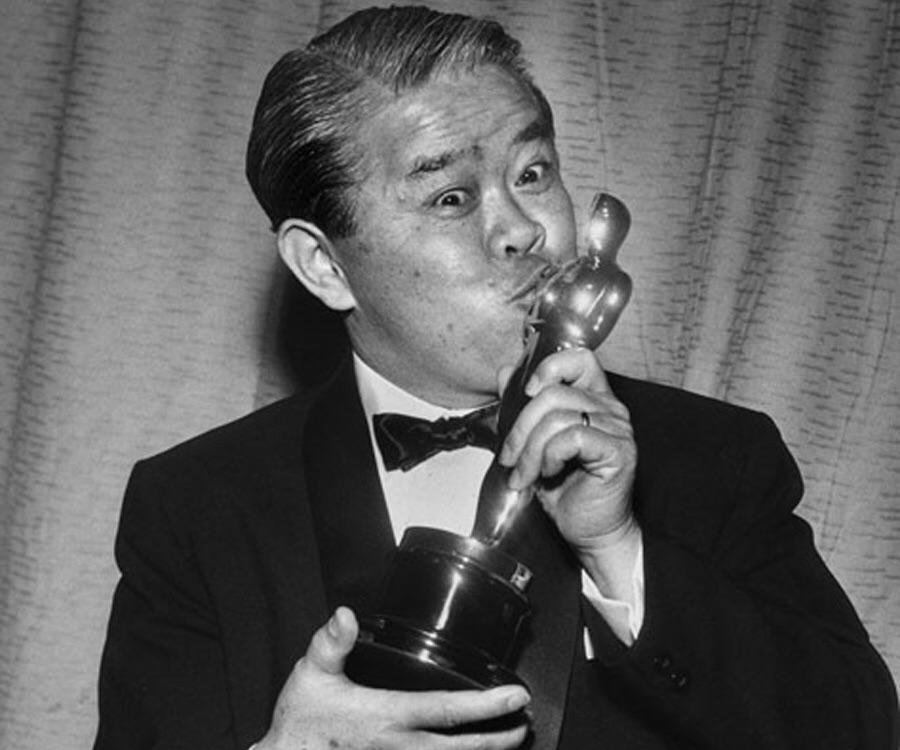
Whereas Crouching Tiger takes the cake for film nominations, no individual is as decorated as the first generation Chinese-American auteur, James Wong Howe, who was nominated for Best Cinematography nine times between 1938 and 1966, two of which he won: 1955’s The Rose Tattoo and 1963’s Hud. Frankly, it's a pretty impressive feat given the racial climate that hung over the US during that time, and to know anything about Howe's career is to know that he fought tooth and nail to get what he deserved. Nevertheless, the man who is alternately referred to as "the poet of the camera," "an artist in film," "a painter with light," and more simply, one of the greatest cinematographers of American film history, redefined what it meant to make a film time and time again during his four-decade career, which spanned an astonishing 130 films.
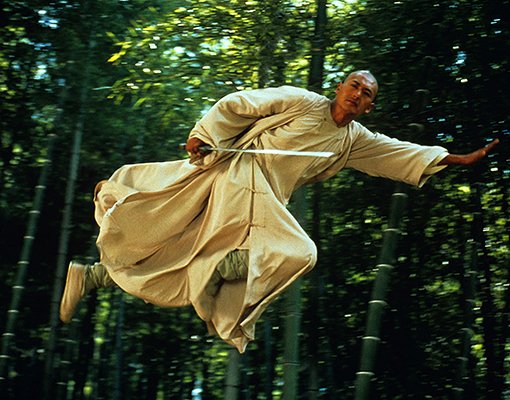
More recently, (two years ago today, in fact) we reported on Bao, winner of the Best Animated Short Film at the 2019 Oscars. The film, released alongside Incredibles 2, was written and directed by Chinese-Canadian Domee Shi for Pixar, making her the first female to direct a film under the auspices of the animation juggernaut. Devoid of any dialogue, Bao tells the story of a Chinese mother suffering from empty nest syndrome. One day, after having cooked her and her husband a baozi breakfast, she discovers that one of them is actually alive, and decides to keep it, giving her the chance to once again bestow her care and maternal instincts on a fledgling. That is, until, the stuffed bun grows up, finds a girlfriend, and threatens to leave home. Ungrateful kids, amirite?
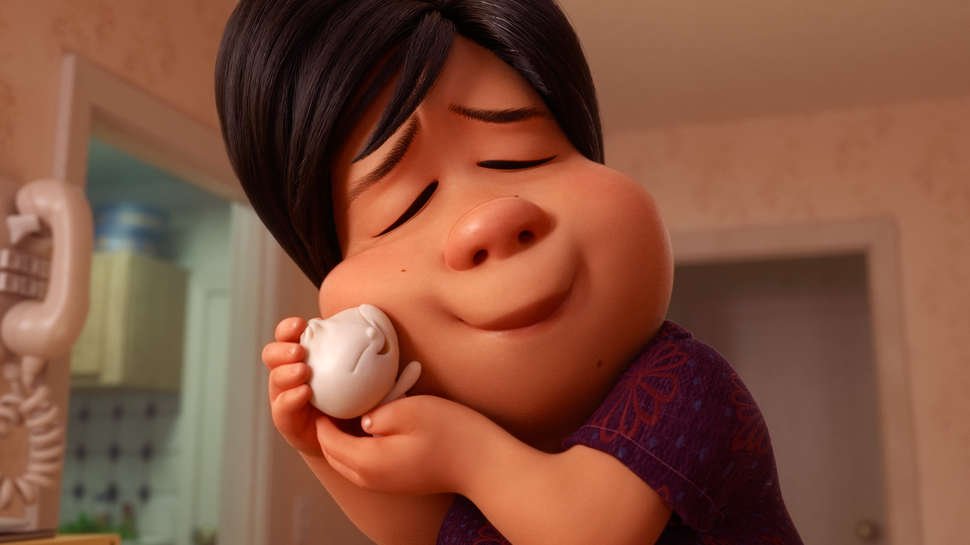
While Zhao’s nomination and expected wins will mark a number of historic firsts for women and filmmakers of Chinese descent, she’s nonetheless carrying on a long and proud legacy of previous visionary creators hailing from the Middle Kingdom. Having said that, given that US-based awards shows are still in dire need of greater representation – evidenced by a grand total of 31 nominations across innumerable categories over the course of 93 years – we’re thrilled to see the conversation surrounding Zhao and her film.
Now, without further ado, the envelope please… or, a comprehensive list of Chinese Oscar nominees and winners, beginning with Howe's.
James Wong Howe – Best Cinematography
Nominated: 1938 – Algiers
Nominated: 1940 – Abe Lincoln in Illinois
Nominated: 1942 – Kings Row
Nominated: 1943 – Air Force
Nominated: 1943 – The North Star
Won: 1955 – The Rose Tattoo
Nominated: 1958 – The Old Man and the Sea
Won: 1963 – Hud
Nominated: 1966 – Seconds
Other Chinese nominees and winners:
1984 – The Killing Fields
Won: Best Supporting Actor [Haing S. Ngor]
1987 – The Last Emperor
Won: Best Original Score [Cong Su]
1992 – The Crying Game
Nominated: Best Film Editing [Kant Pan]
1993 – Farewell My Concubine
Nominated: Best Cinematography [Gu Changwei]
1995 – Shanghai Triad
Nominated: Best Cinematography [Lu Yue]
2000 – Crouching Tiger, Hidden Dragon
Nominated: Best Picture [ Ang Lee, William Kong, Hsu Li-Kong]
Nominated: Best Adapted Screenplay [Wang Hui-ling and Kuo Jung Tsai]
Won: Best Cinematography [Peter Pau]
Won: Best Production Design [Timmy Yip]
Nominated: Best Costume Design [Timmy Yip]
Won: Best Original Score [Tan Dun]
2004 – House of Flying Daggers
Nominated: Best Cinematography [Zhao Xiaoding]
2006 – Curse of the Golden Flower
Nominated: Best Costume Design [Yee Chung-Man]
2006 – The Blood of Yingzhou District
Won: Best Documentary Short Subject [Ruby Yang]
2006 – The Warriors of Quigang
Nominated: Best Documentary Short Subject [Ruby Yang]
2013 – The Grandmaster
Nominated: Best Costume Design [William Chang Suk Ping]
2016 – La La Land
Nominated: Best Sound Mixing [Ai-Ling Lee]
Nominated: Best Sound Editing [Ai-Ling Lee]
2018 – First Man
Nominated: Best Sound Mixing [Ai-Ling Lee]
2018 – Minding the Gap
Nominated: Best Documentary Feature [Bing Liu]
2018 – Bao
Won: Best Animated Short Film [Domee Shi]
2019 – Sister
Nominated: Best Animation Short Film [Siqi Song]
READ: Throwback Thursday: The Joy of Celebrating CNY in a World Without WeChat
Images: International Business Times, Thrillist, Indie Wire, Reddit

